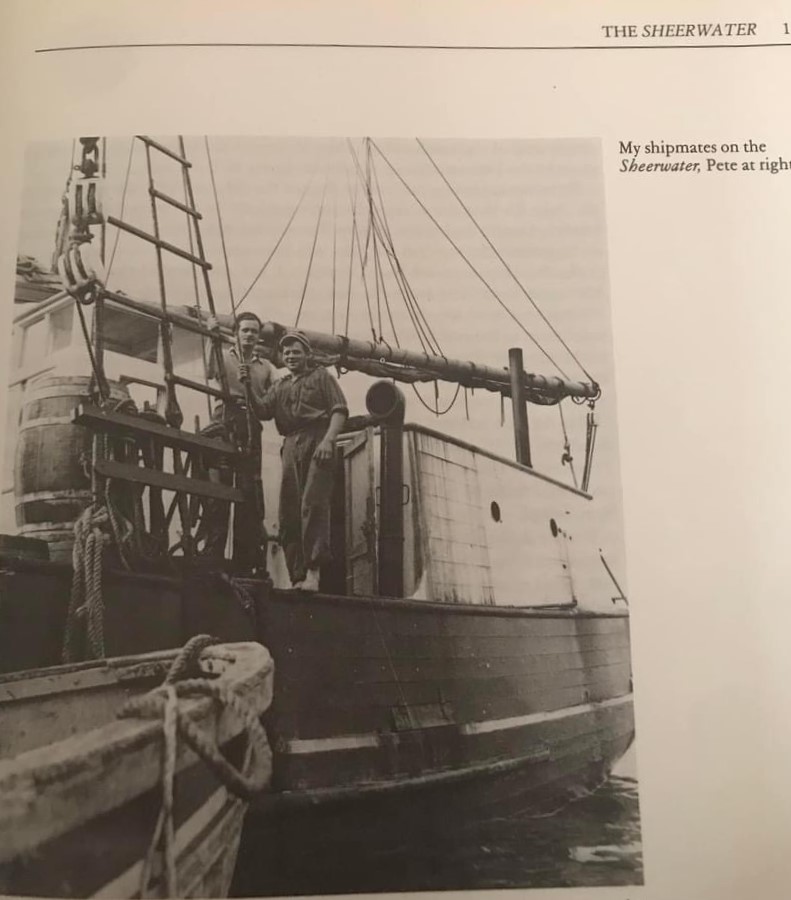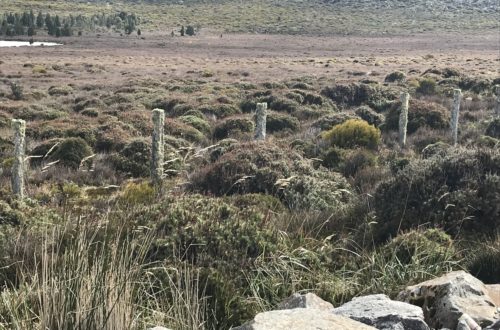
Embracing the Biome – the More Than Human Poetry Project

This post is about catching up, as poetry has embraced me over the last decade, and I’ve been able to reach out and become more involved with the people that write on this Island. We do it a lot. The following project happened as Australia was staying safer and staving off the virus in 2021. There was more to come of course, and much had already impacted the world.
Conceived by poet Kristen Lang after the publication of Earth Dwellers published by Giramondo, Embracing the Biome – the More Than Human Poetry Project personally produced a set of new work, and a reworking of older poems.
All life forms are living in the time of the Anthropocene, this is where the words begin; begin, a strange word I write, compounded by the vastness of time, life, biology, energy …
Via shared email, the contributing poets responded with new work. Meeting up twice in the regions and embraced by Kristen’s passionately crafted correspondence, this was a creative time that lead to readings at the Hobart Writers Festival .
The Graveside Leek Orchid
as endangered as the memory
of my four little uncles and aunties,
generations back, who never grew up,
their bones buried at Campbell Town
taken in succession, by a pestilence,
flowering one day, mown the next.
monoculture
outside the graveyard gate.
I think of all this, driving by
a neat carpet of irrigated canola
in full flower. in morning amber light
a crop duster skilfully manoeuvres his craft,
low and slow on the near horizon,
precision with a minimum of drift.
when the roadside was diverse,
unplanned leavings on the edges,
the road was widened, verges disappeared
and herbicides continually mop up.
old churchyards thrive on neglect,
boutiques of native flora and fauna flourish
if left undisturbed, away from tidy minds.
the next tiny green orchid flowering at the site
will be another amber light, to harvest rarest seed,
we've mapped the place, the drought has eased
perhaps this may be the remnant year.
a graveyard's story, epidemics of the past
and monocultures' precious little antonym.
© Kim Nielsen-Creeley
A version of this poem appeared in Island Issue 164, in 2022.




